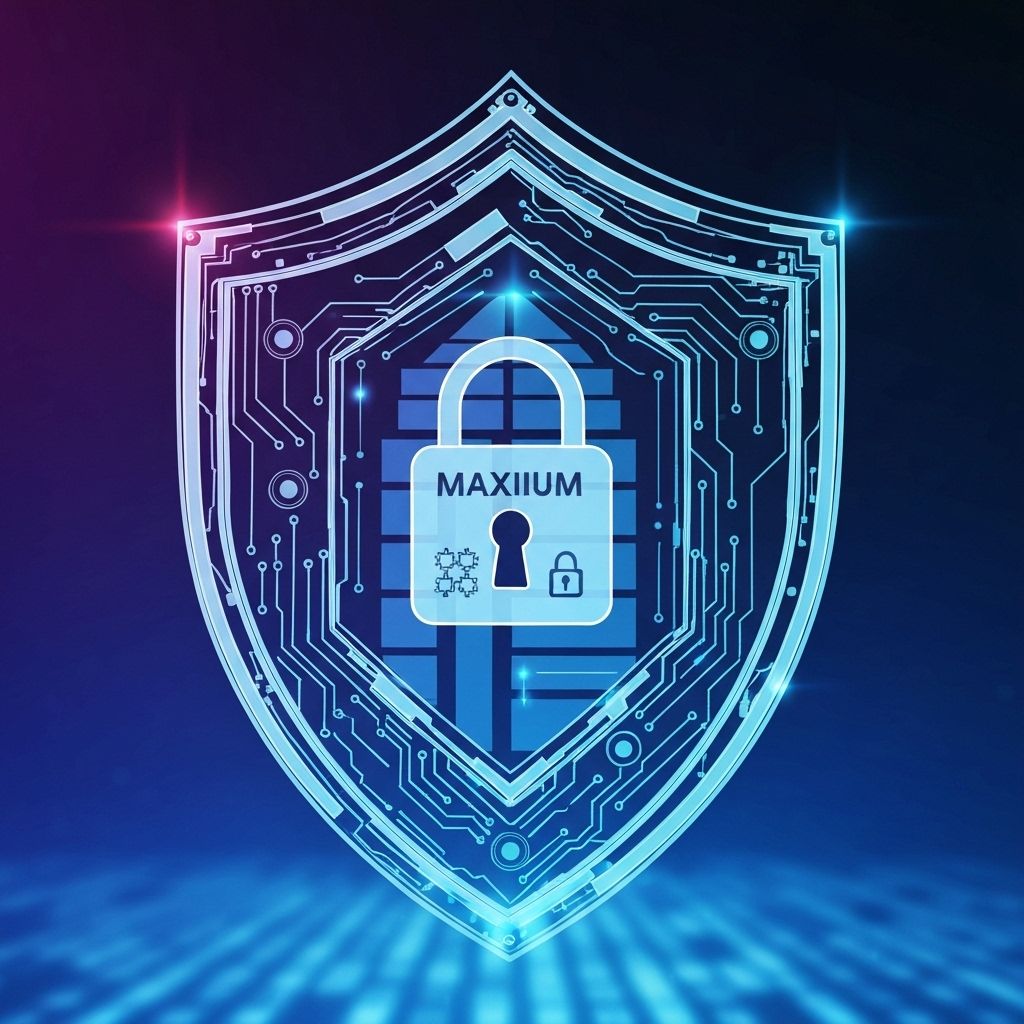Why Cybersecurity Should Be Your Top Business Priority
Discover why robust cybersecurity measures are essential for protecting your business from evolving threats and maintaining customer trust in today's digital landscape.
IT Security Expert
Cybersecurity Consultant

In today's interconnected business environment, cybersecurity isn't just an IT concern—it's a fundamental business imperative that affects every aspect of your organization. From protecting sensitive customer data to maintaining operational continuity, robust cybersecurity measures have become the foundation upon which successful businesses are built.
The Growing Threat Landscape
Cyber threats have evolved dramatically over the past decade. What once were simple viruses and basic hacking attempts have transformed into sophisticated, multi-vector attacks orchestrated by well-funded criminal organizations and nation-states. These modern threats target not just your technology infrastructure, but your people, processes, and business reputation.
The statistics are sobering: businesses face cyberattacks every 39 seconds on average, with the global cost of cybercrime expected to reach $10.5 trillion annually by 2025. Small and medium-sized businesses are particularly vulnerable, with 43% of cyberattacks targeting these organizations specifically because they often lack comprehensive security measures.
Business Impact Beyond Technology
The consequences of inadequate cybersecurity extend far beyond technical disruptions. When businesses experience security breaches, they face:
- Financial losses: Direct costs from theft, ransom payments, and recovery efforts
- Operational disruption: Downtime that affects productivity and customer service
- Reputation damage: Loss of customer trust and brand credibility
- Regulatory penalties: Fines and legal consequences for data protection violations
- Competitive disadvantage: Loss of intellectual property and strategic information
Building a Comprehensive Security Strategy
Effective cybersecurity requires a holistic approach that addresses technology, processes, and people. The most successful organizations implement layered security strategies that include:
Essential Security Components
- Risk Assessment: Regular evaluation of vulnerabilities and threat exposure
- Employee Training: Ongoing education about security best practices and threat recognition
- Technology Solutions: Multi-layered security tools including firewalls, endpoint protection, and monitoring systems
- Incident Response: Prepared procedures for detecting, containing, and recovering from security incidents
The key to successful cybersecurity lies in understanding that it's not a one-time implementation but an ongoing process of assessment, improvement, and adaptation. As threats evolve, so must your security posture.
Making Cybersecurity a Business Priority
To make cybersecurity a true business priority, organizations must integrate security considerations into every business decision. This means involving security experts in strategic planning, allocating appropriate budget for security initiatives, and ensuring that leadership understands and communicates the importance of cybersecurity throughout the organization.
Remember, cybersecurity is not just about preventing attacks—it's about enabling your business to operate confidently in the digital age. When customers trust that their data is secure and employees can work without fear of security disruptions, your organization can focus on what it does best: serving customers and growing the business.
